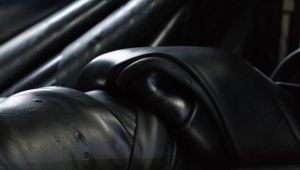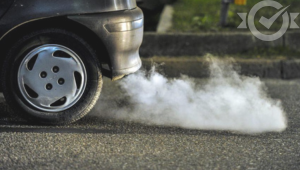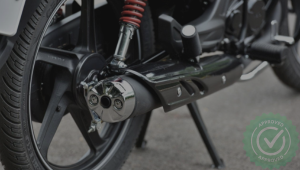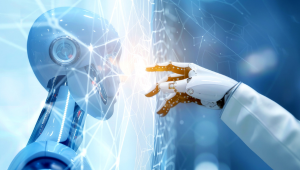Program Overview
Tyre manufacturing is undergoing a paradigm shift — from heavy manual processes to intelligent, data-driven, and environmentally conscious production systems. This program brings together the latest advancements in robotics, AI-driven process control, digital twins, and sustainable engineering to help participants reimagine what a future-ready plant can achieve. Through real-world examples, case-inspired exercises, and technology simulations, participants will learn how to balance productivity with precision and sustainability — transforming traditional operations into agile, smart manufacturing ecosystems.
Features
- Understand the key technologies driving next-generation tyre manufacturing
- Identify automation and digital integration opportunities for improved efficiency
- Apply sustainability and energy-optimization principles in manufacturing
- Develop an actionable roadmap for digital transformation and workforce readiness
Target audiences
- Manufacturing & Process Engineers
- Plant Managers & Operations Teams
- Automation & Controls Specialists
- Industrial Engineering & Maintenance Teams
Curriculum
- 6 Sections
- 31 Lessons
- 1 Day
Expand all sectionsCollapse all sections
- Evolution of Tyre Manufacturing – From Manual to Smart5
- 1.1End-to-end manufacturing flow: Mixing → Extrusion → Calendaring → Building → Curing → Inspection
- 1.2Automation maturity curve (Manual → Integrated → Autonomous)
- 1.3Lights-out manufacturing and machine-to-machine communication
- 1.4Role of MES / SCADA / ERP integration
- 1.5Activity: Timeline mapping — participants benchmark their current manufacturing maturity against global best practices.
- Core Technologies Transforming Tyre Production7
- 2.1Advanced Robotics – AGVs, AMRs, robotic bead loading, tire-building automation
- 2.23D Printing & Additive Manufacturing – mold prototyping, customized tread patterns
- 2.3Smart Sensors & Edge Analytics – temperature, torque, pressure monitoring
- 2.4AI in Process Control – adaptive mixing algorithms, curing optimization
- 2.5Digital Twins & Simulation – virtual replication for predictive control
- 2.6Data Lakes & Real-Time Dashboards – connecting production data for decisions
- 2.7Exercise: Plant areas where these technologies could deliver measurable ROI
- Advanced Process Control & Automation Integration6
- 3.1Advanced Process Control & Automation Integration
- 3.2Closed-loop process control and self-correction systems
- 3.3AI-enabled uniformity and defect detection
- 3.4Inline quality automation – vision systems, laser shearography, X-ray
- 3.5Autonomous material handling & warehouse robotics
- 3.6Interactive: Root-cause – troubleshoot a quality deviation using sensor data
- Sustainability, Energy Efficiency & Green Manufacturing5
- 4.1Energy-efficient curing and low-temperature vulcanization
- 4.2Waste-heat recovery and energy dashboards (ISO 50001 alignment)
- 4.3Reclaim rubber reuse and zero-waste process design
- 4.4Low-VOC compounds and eco-friendly material handling
- 4.5Activity: Design a “Green Line” — teams blueprint an energy-optimized tyre production cell
- Workforce of the Future – Digital & Hybrid Skills5
- 5.1Human–machine collaboration and cobots
- 5.2AR/VR for operator training and maintenance guidance
- 5.3Upskilling paths: Mechatronics | Data Analytics | Automation Engineering
- 5.4Change-management in digital transformation
- 5.5Exercise: Map evolving role profiles and identify 3 new skill clusters required for their teams
- Action Planning & Innovation3







